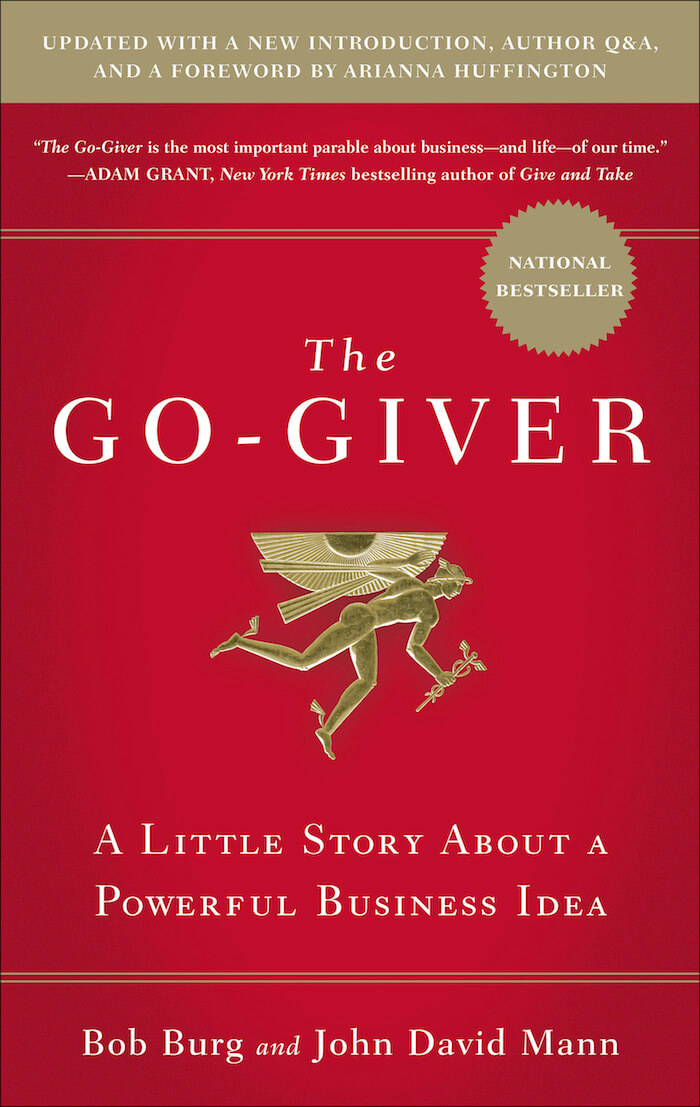business inspiration and tips

mushroom foraging: "she built her clientele through full immersion in the craft – from near-incessant study (“I read one book in particular for 10 years. It’s like a bible”) and spending as much time in the woods as some people do in an office. The occupational hazards are numerous. She has been stared down by a coyote, nearly attacked by a bobcat, and has gotten lost more times than she can count."
"Creating agreements works wonders. Up-vibe your personal and professional relationships by learning to create agreements instead of expecting others to do things (and then being disappointed [if] they don’t)."
(excerpted from https://www.stevechandler.com/choices.html)



Authenticity
To be genuine, we must live in accord with wisdom (and not what only seems to be so).
To be authentic, we must accept our past, our yearnings, values and needs and our accomplishments and failings.
Receptivity
"Your true worth is determined by how much more you give in value than you take in payment."
We, people, have needs as may vary even from one moment to the next. It is critical to gauge, to discern whether someone actually needs our services, products, etcetera, and if needed then when.
We must have willingness to be rejected, told "no", to experience a genuine "yes!" to our good works, to possibly fruitful endeavor.
You may read more about satisfying needs here: The Common Needs of People | Aware Learning

From The Go-Giver: a story of a young man named Joe who is struggling to achieve success in his career. Joe learns the "Five Laws of Stratospheric Success" from a famous consultant and a few other go-givers:
Value
"Your true worth is determined by how many people you serve and how well you serve them."
A good apple is valued for its nutrition.
An apple's value is independent of time.
However, apple trees've averaged two to five years to show fruit.
Similarly, our talents may be fruitful.
Compensation
As we could give the production of our work to anyone willing to acquire it at an agreed upon price, choosing to give a single work to one person engenders the preclusion of others from this same work (lest they divide and so share it).
Therefore, it is fair to request compensation for our contributory efforts.
Influence
Influence is "the power or capacity of causing an effect in indirect or intangible ways : sway" (of Google search results). We could influence one another, so 'tis best to do this with the very best of our skills, knowledge, integrity, maturity and so on, doing "for others as we wish for others to do for us"
Be Proactive:

The proceeding list of traits may help you to think about how any team could work together and, with commensurate critical thinking, how we could and should work best together:
ethical / moral integrity -- a (ideally consistent) track record of maturely heeding our conscience, "[...] doing for others as we yearn for others to do for us" (Matthew 7:12-19) (examples: "Please be kind, rewind." from the days of renting VHS at Blockbuster and giving an individual in homeless circumstance good organic food and spring water)
knowledge -- veritable factual information (example: "Redwood trees have been numerous in California. I saw some last summer on a family road trip. The tallest is 379.7 ft. according to my recent Google search.")
skill -- practiced, even honed abilities in specific arenas of life (such as the tossing of pizza dough and Olympic speed skating)
comprehension / understanding-- knowing of a topic or person distinct from solely factual information; e.g. comprehension of addition and subtraction as could lead to ongoing employment with the role of cashier; understanding is of knowing something consistently true about people and--or nature such as knowing a friend loves to play dominoes and another enjoys skateboarding;
relevant experience -- directly or closely related experience to a project, cause, or mission (as would or could help to accomplish major goals); a hypothetical example is as little as a few days of experience working at a fast food restaurant in combination with sustainability knowledge may be sufficient, with others of similar experience and understanding, to gradually and ethically convince owners of a restaurant franchise to incentivize customers to bring their own reusable containers (for to-go meals) rather than Styrofoam boxes that waste fossil resources and could be deleterious to arable land and our waters inlcuding the ocean
reputability & esteem -- like social "cred" and clout, these come from meaningfully and consistently showing good will towards others; this accumulation of communal respect may be prudently and honoringly wielded as a way to positively influence others for the common good

Additionally, a few things I yearn to share with you that have been personally helpful are these:
-
The Pareto Principle - essentially, the yearned results of any venture have tended to come from those acts that are on the "straight and narrow", actions that we may be scared to do or are uncomfortable to do or both, yet are the best opportunities. We could be aware of which amongst extant options are best by logical reasoning ("I must talk to people directly not only research about how I could again.") and spiritual discernment (intuitive faculties everyone can develop):
"But small is the gate and narrow the road that leads to life." Matthew 7:14
-
"Pomodoro Technique" - from timing his work one day with an old tomato shaped kitchen timer; approximately twenty-five (25) minutes of work proceeded by five (5) minutes of relaxation time has been effective for many types of work and learning (company policies and procedures permitting); to me it is more important to remember to keep yourself energized with frequent yet not too frequent rest during concentrated work and learning periods
"Remember the Sabbath day and observe rest1"